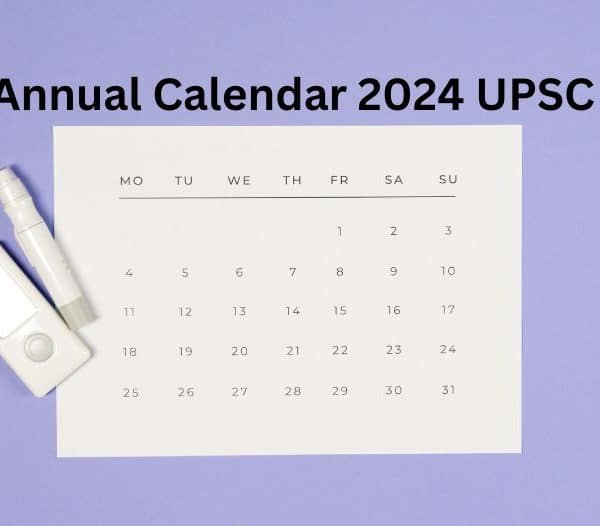If you are appearing for the UPSC prelims or mains exam and have thought about becoming an IFS officer, then this post is beneficial for you.
This post will talk about the salary of an IFS officer in Japan and more about the Indian foreign service.
Salary Details
The Salary of an IFS officer in Japan depends on various factors, one being the post and the other the daily allowance.
The daily allowance is set by the Ministry of External Affairs and can change with fluctuations in the foreign exchange rate with that country.
They also get more perks like government housing, government vehicles and medical reimbursement, etc.
Salary
The Salary of an IFS officer posted in Japan is:
| Post | Pay-Scale (in INR) |
| Attaches Grade ii/iii of IFS (B) | 56,100-177500 |
| Third Secretary | 56,100-1,77,500 |
| Second Secretary | 67,700-2,08,700 |
| First Secretary | 78,800-2,09,200 |
| Counsellor/ Grade iv IFS | 1,23,100-2,15,900 |
| DCM/ Minister Grade iii of IFS | 1,44,200-2,18,200 |
| Ambassador | 2,25,000 (Max Pay) |
The daily allowance changed and is set by the government. As of 2011, the daily allowance for officers in Japan is 100 US Dollars.
Also Read: The Difference Between IAS, IPS, IFS, the Top 3 Posts of UPSC
Salary of IFS officer in India
Since the salary of an IFS officer in Japan has been established, let’s get to know the salary of an IFS officer in India.
The salary of IFS officer in India again depends on the rank of the officer
| GRADE | RANK | BASIC PAY | GRADE PAY |
| Junior time scale | Undersecretary | ₹8000 | ₹5400 |
| Senior time scale | Undersecretary | ₹10650 | ₹6600 |
| Junior administrative scale | Deputy secretary | ₹12750 | ₹7600 |
| Senior administrative scale | Joint secretary | ₹18400 | ₹10000 |
| Senior grade IV | Counsel Director | ₹15100 | ₹8700 |
| High Commissioner or Ambassador | Foreign secretary | ₹26000 | ₹0 |
The pay band is different.
Difference Between IFS (A) and IFS (B)
IFS selection can be done in two ways. One through UPSC and one through SSC.
The candidates that are selected through UPSC come under the IFS (A) whereas the candidates that come through SSC come under the IFS (B) section.
There is no difference in pay or perks, as both works under the Ministry of External Affairs. They come under the seventh pay commission.
So the only difference is the process of selection in both of them.
How to Become IFS
Becoming an IFS officer is not an easy task. Students should prepare very hard for the exam. The exam is one of the toughest in India or even in the world.
Considering the syllabus, students should be very careful in their preparation method. The syllabus is the biggest problem for most. So make sure you comprehend the syllabus well and are able to break it down too!
Candidates should look to ensure that they cover all current affairs topics properly. Preparing for current affairs may not be considered important, but this is not a good strategy. Keep working on current affairs every day and create short notes for them if possible.
What Does an IFS Officer Do?
An IFS officer has many duties to fulfil. Few of the main duties of the IFS officers are:
- They represent India in embassies, consulates and in world organisations.
- Need to help in creating a healthy and stable relationship between countries
- They have to ensure that India’s national Interest is upheld in the countries they are posted in.
There are many other roles that an IFS officer has to follow since they spend more than 50% of their tenure in foreign countries working in embassies.
Conclusion
If you are an IFS aspirant and wonder what an IFS officer can earn in Japan or the salary of an IFS in India, then read this article.
The salary of an IFS officer mainly depends on the post of the officer and the experience they have. The higher service years, higher the post and higher the salary along with grade pay.
Along with a high salary, IFS officers also enjoy perks given by the government such as housing, vehicle, medical reimbursement and much more.
The role of an IFS officer is very complicated but is very important to the country. Here is wishing all aspirants best of luck!






